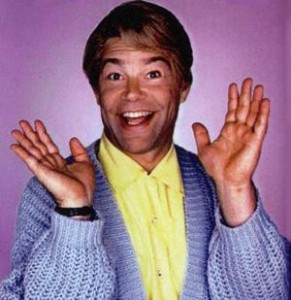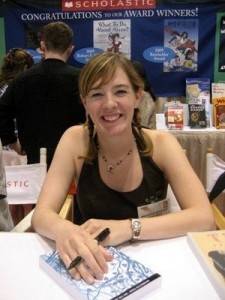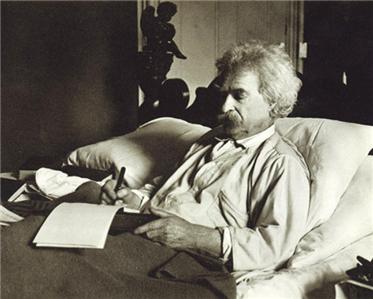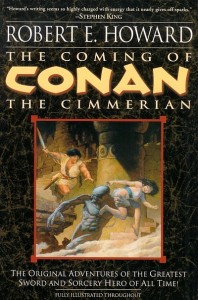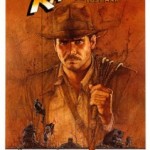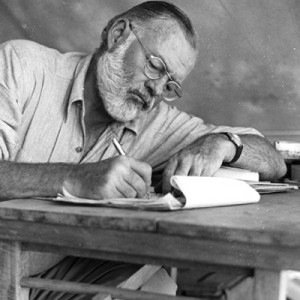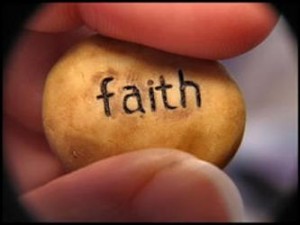Step 1 – Admitted we were powerless over our art and our lives had become unmanageable.
The Twelve Step process is interesting because it doesn’t start with us being heroic and strong and invincible.
It doesn’t start, as Stuart Smalley would say, “I’m good enough, I’m smart enough, and doggone it, people like me.” Nope. It starts like a good story. In a place of darkness and despair.
The first step is all about being reduced to ashes, being broken, defeated, wrecked, enslaved, sorry as one shoe battered on the side of the highway alone.
My Step 1 goes back to the very roots of wanting to be a writer and not being able to write. Trust me, I wanted to write novels. I mean, Maggie Stiefvater had 30 novels in various stages of revision by the time she graduated from high school.
I wanted to be like Maggie Stiefvater. Doesn’t everyone? But then, I was powerless and my life was unmanageable. I couldn’t write even when I wanted to.
And I had the usual excuses. I was afraid. I was busy. It seemed too hard. I was full of self-doubt. T.V. was easier. Reading other people’s books was easier. And really, that’s how we begin. Writers start out as readers. Well, broken readers who can’t leave well enough alone. Or at least, that’s my story.
When teens ask me how to be a writer and what they should do, I say: Write as much as you can. Read as much as you can. And sleep. Teens need sleep. Their brains are developing.
But for me, I was powerless over if I wrote or not and my writing life was unmanageable. For example, when I was just out of college and working, I promised myself I would write on Mondays and Wednesdays from 7pm to 9pm. I was busy, you see. Yeah, that was before family, house, and children. I wasn’t busy. I was preoccupied with a whole lotta’ nothing. As my friend says, I can waste an entire lifetime in ten-minute increments.
And yes, every so often, I’d get a Saturday and I’d skip watching the video tapes of The X-Files I’d recorded, and I would write, and it would be great, and I would think. Man, that’s cool. I should do that more often. How about Mondays and Wednesdays for two hours at night? But then the siren call of the TV and I would crash onto the couch and be stuck there. An eater of the lotus was I. The television lotus.
X-Files I’d recorded, and I would write, and it would be great, and I would think. Man, that’s cool. I should do that more often. How about Mondays and Wednesdays for two hours at night? But then the siren call of the TV and I would crash onto the couch and be stuck there. An eater of the lotus was I. The television lotus.
Now, I could blame my lack of self-discipline, or I could blame Star Trek, or Fear Factor, or John Hughes movies for taking up all my time. I could blame my parents for not encouraging me like Christopher Paolini’s parents did. Yeah, the guy was homeschooled and had parental support. I was educated by Jesuits. Okay, we’re even there.
But my point is, I was powerless and my writing was unmanageable because of who I was and my inability to accept that I needed help and that I couldn’t do it myself.
 Here was my idea of a writer: a writer is born fully grown from the head of his/her father. They stride out into the world with one sandal flapping the dust (very Jason of the Argonauts) and they sit down and write a novel. The novel is gorgeous. And yes, it might be a Herculean effort, but in the end, it is wonderful. They then box up that novel (I grew up before email, and we had paper and typewriters and hippies and 80’s music and boys walked around with their hair in their eyes and girls wore lacy gloves like Madonna) and send that box o’ novel out to the publishing world where it is published to acclaim.
Here was my idea of a writer: a writer is born fully grown from the head of his/her father. They stride out into the world with one sandal flapping the dust (very Jason of the Argonauts) and they sit down and write a novel. The novel is gorgeous. And yes, it might be a Herculean effort, but in the end, it is wonderful. They then box up that novel (I grew up before email, and we had paper and typewriters and hippies and 80’s music and boys walked around with their hair in their eyes and girls wore lacy gloves like Madonna) and send that box o’ novel out to the publishing world where it is published to acclaim.
That was a writer. They didn’t have critique groups. They didn’t attend conferences. They worked alone in crappy, lice-infested apartments and drank hooch and smoked camel-cigarettes and were bad-asses. Even the women writers. And that’s true. Ain’t nothin’ as bad-ass as a lady writer.
I thought I had to learn how to write, get published, and then do all that alone. And it scared me silly.
It drove me not to write because I was alone and even though my wife supported me (hurray), I was still alone.
Some people can do this alone. I can’t. My hat’s off to those bad-ass writers who can churn out pages for years all by themselves. They are warriors.
I am not. I’m a scared little boy most days.
Next week, my bottom!

